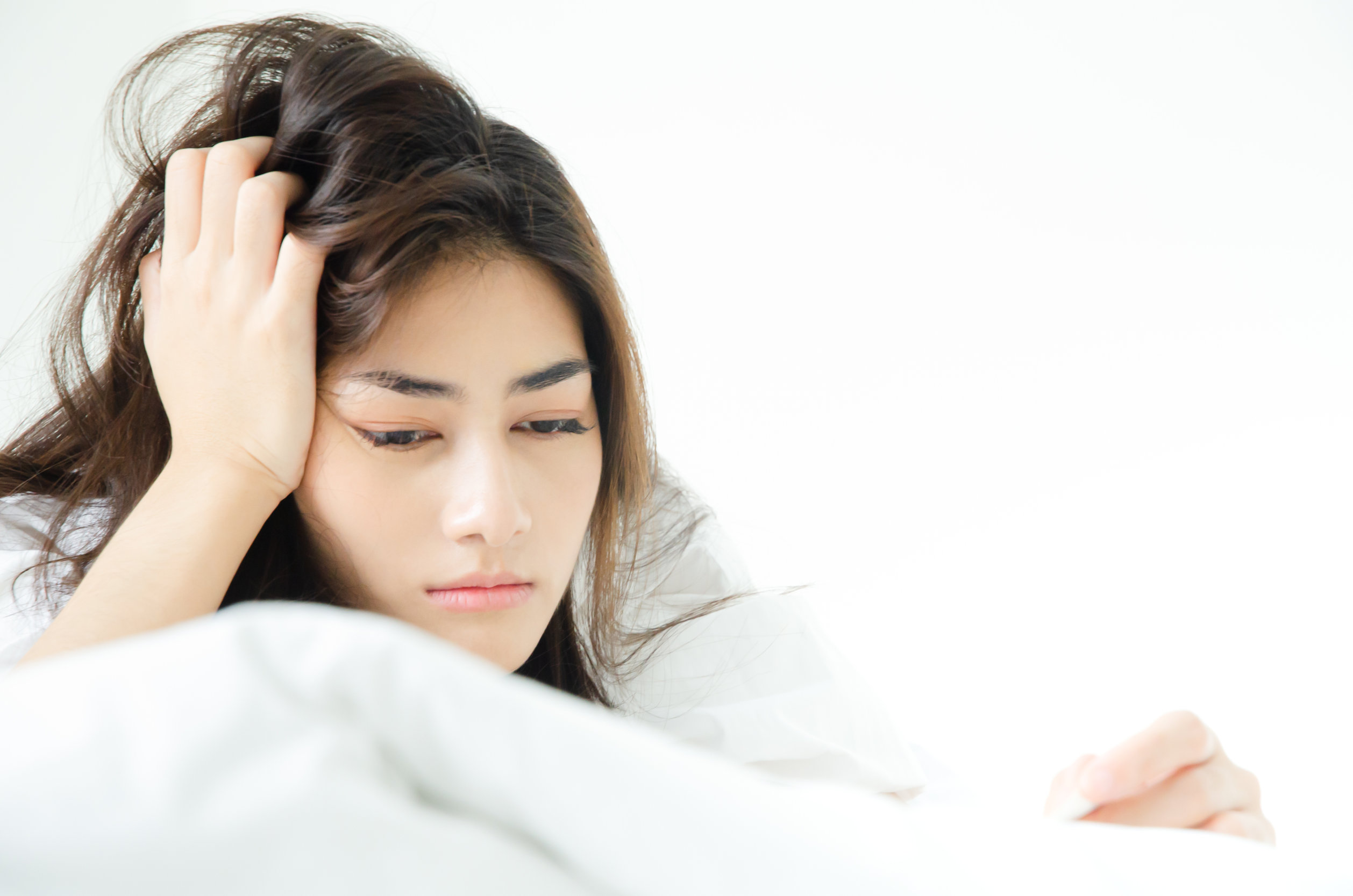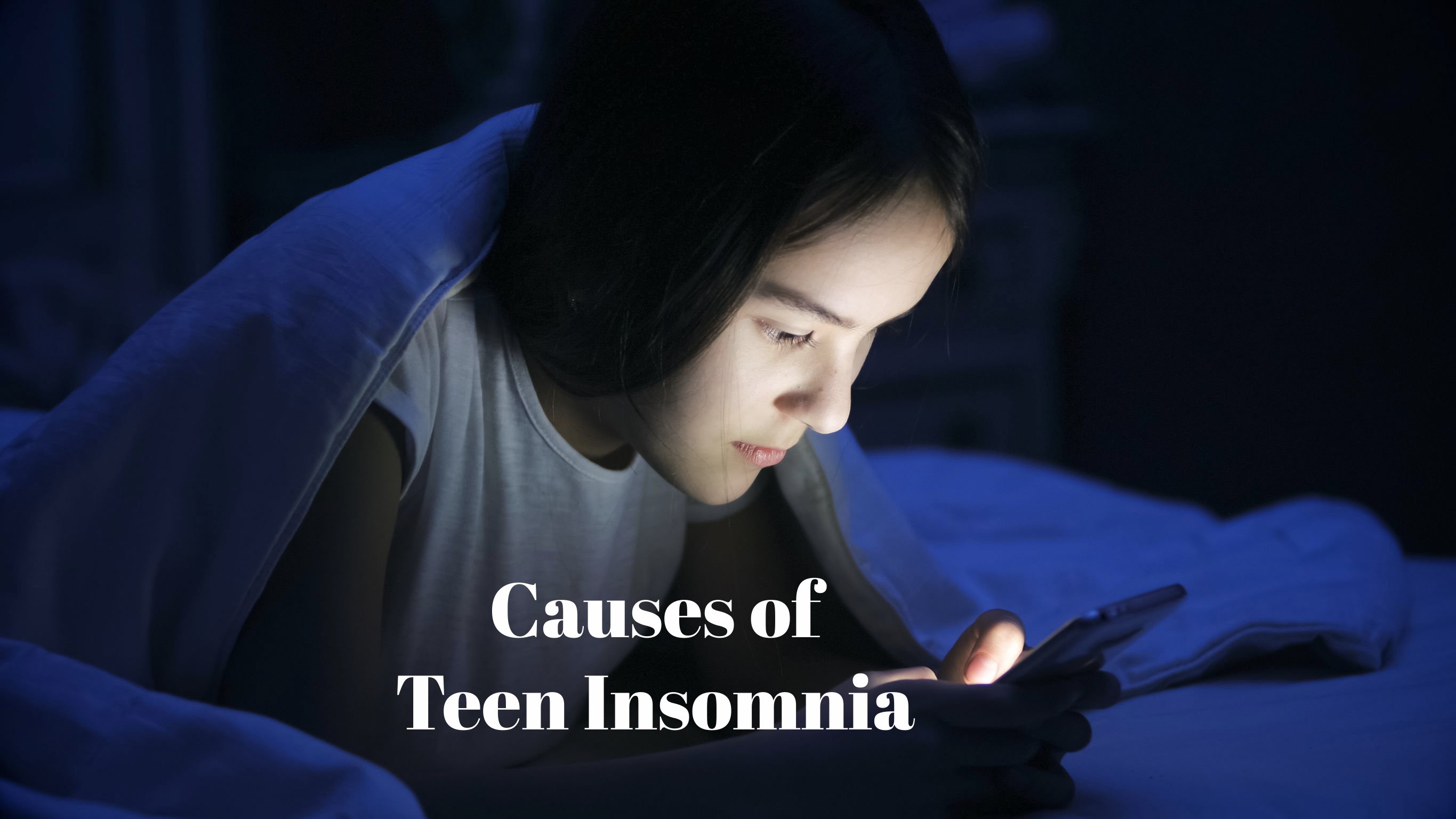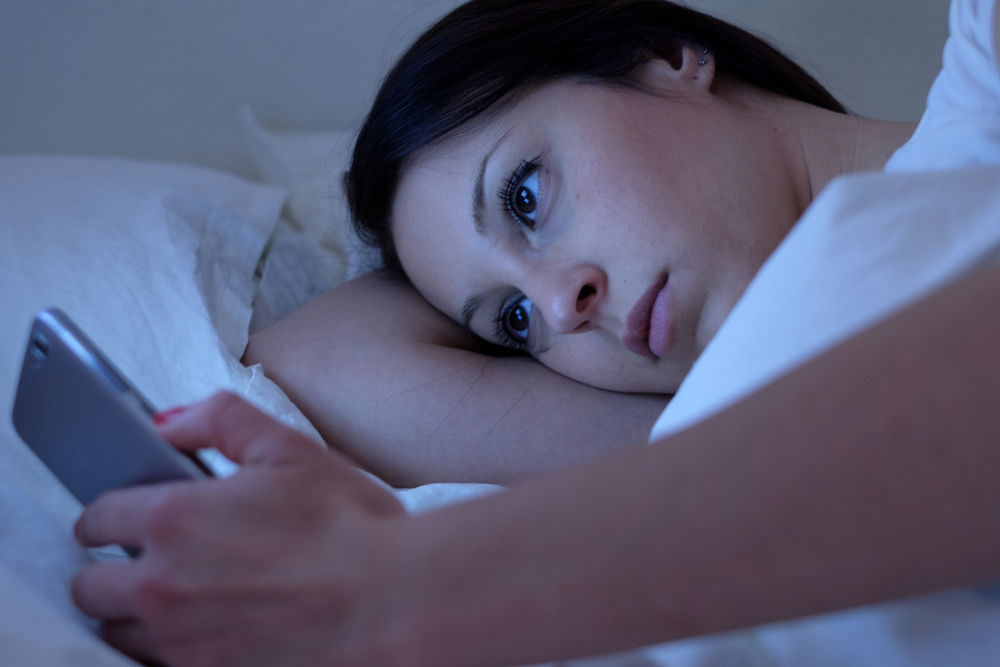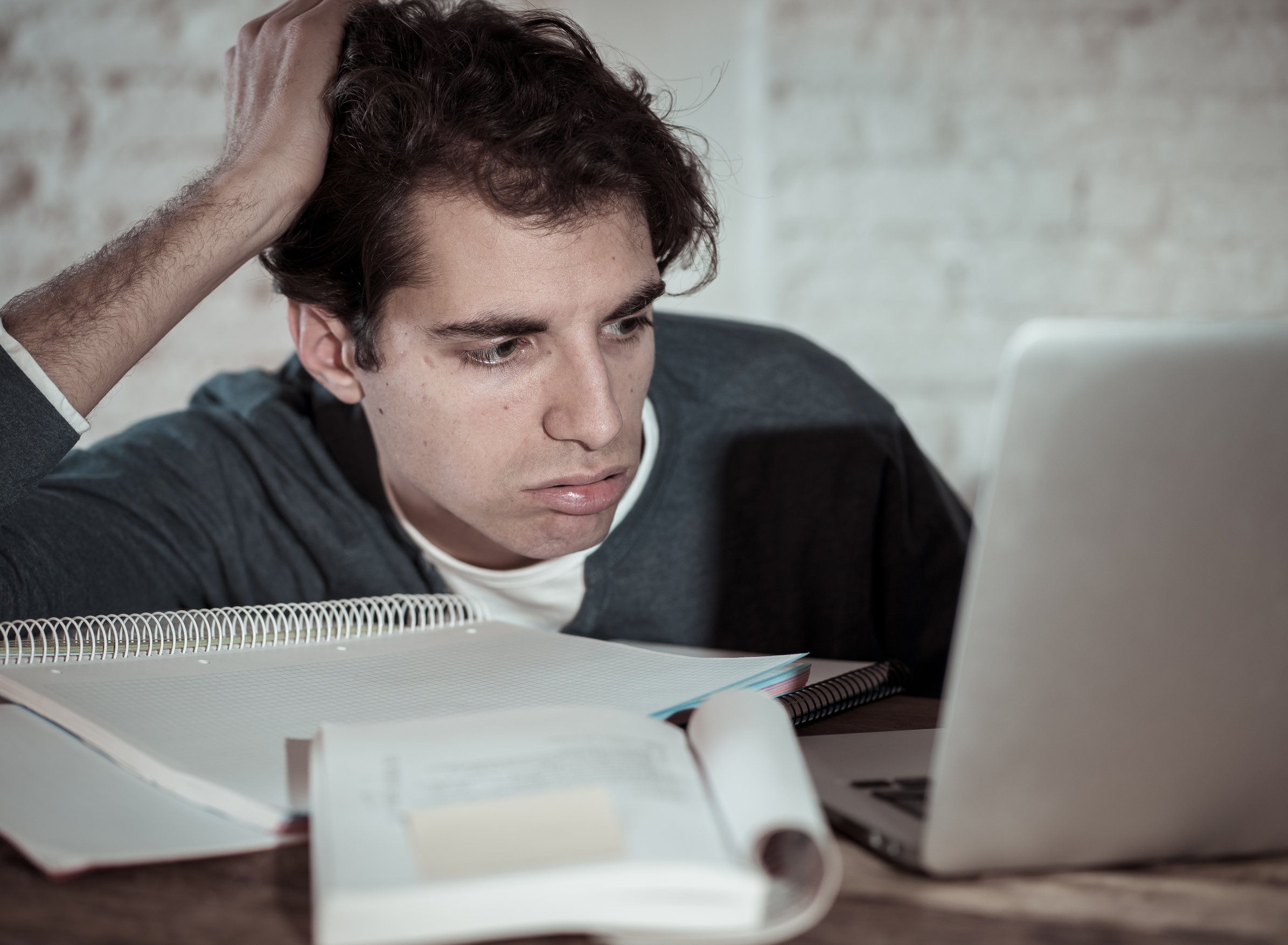Insomnia in Teenagers
Insomnia in teenagers has become more and more common. Many of today's teen activities and lifestyle choices hinder rather than promote sleep. Cell phones, cigarettes and coffee to name a few all stimulate the mind and body making it more difficult for the body to relax and unwind when it's bedtime.
Teenage Insomnia
Teen insomnia is the inability to fall asleep quickly or to stay asleep. Perhaps you toss and turn in your bed and you are unable to wind down because you are thinking about a school exam or a recent conversation with a friend or family member. Maybe there's really nothing even bothering you - you just can't seem to nod off to sleep.
An occasional inability to fall asleep because of an exam the next day, an argument with a friend or an exciting event happens to everyone. However, when you find that it has become a regular occurrence it's time to start looking at solutions.
Causes of Insomnia in Teenagers
Four of the top causes of teen insomnia include caffeine, lack of
exercise, reduced day light exposure, and late night electronics.
Some of the most effective tips to reverse insomnia include what you do during the day to promote a restful sleep at night.
Here are some things to do to turn your insomnia around.
1. Stop All CaffeineNo more coffee (even decaf has caffeine), no more sodas, no more iced tea. Caffeine is a stimulant and many people are more sensitive to its effects than others. Teens often have more than just one caffeinated drink - a coffee drink in the morning, a soft drink in the afternoon and perhaps an energy drink in the evening which overstimulates the body and mind making sleep elusive.
2. Reduce Sugar
Many people underestimate what sugary foods do to stimulate the body. Until you turn your sleep around, stop all desserts, candy, and sugary sodas after 4:00 PM.
3. Exercise
Perhaps you are not involved with any sports at school or after school. Sitting at a desk all day followed by hours of work at a computer leaves the body agitated and restless. The best activity is to simply go for a quick walk or run. Being outside and getting some vitamin D from the sun is an added bonus. Exercise for 30 minutes ideally everyday.
4. Power Down
Unfortunately electronics like iPads, computers, and cell phones stimulate the brain in a way that can interfere with sleep. Do not use any of these devices in your bed and don't watch TV in your bedroom. I know, most of you have a TV in your bedroom and for those people who can fall asleep easily and stay asleep that's no problem.
5. Use Blue Light Blocking Screen Protectors or Blue Light Blocking Glasses
Blue light is emitted from cell phones, iPads, computers, and television screens - any electronic device. Blue light interferes with melatonin production and screen time in the evening can contribute to insomnia in teenagers. Use screen protectors that block blue light on your electronic devices:
Blue Light Screen Protectors6. White Noise Sleep Machine
The constant hum or sound of a fan can also be calming and soothing to help one fall asleep.
Marpac Dohm Classic White Noise Sound Machine7. Quiet Your Mind
I first try to fall asleep by relaxing and performing deep breathing. If that doesn't work, I always have a not so exciting book next to my bed. You can use a clip on book light or a Kindle Paperwhite with the screen light turned way down. Other electronic reader screens display too much blue light which will interfere with melatonin secretion. Do not turn on your bedside lamp as the light will also hinder melatonin production. Keep your bedroom as dark as possible while reading. Reading helps to replace any racing thoughts and I can fall asleep usually in about 10 minutes.
8. Avoid Hormone Disrupting Ingredients/Chemicals
Did you know that your shampoos, lotions, face washes and cosmetics contain ingredients that can disrupt your hormone balance? These ingredients are called hormone or endocrine disrupters that can affect the delicate balance of your hormones. Teenagers are more susceptible to even these small exposures because the endocrine disrupters mimic the small levels that are produced by the body.
According to the Environmental Working Group (www.ewg.org) "Adolescence encompasses maturation of the reproductive, immune, blood, and adrenal hormone systems, rapid bone growth associated with the adolescent "growth spurt," shifts in metabolism, and key changes to brain structure and function. Alterations in an array of sex hormones, present in the body at levels as low as one part per billion (ppb), or even one part per trillion (ppt), guide this transformation to adulthood. Emerging research suggests that teens may be particularly sensitive to exposures to trace levels of hormone-disrupting chemicals like the ones targeted in this study, given the cascade of closely interrelated hormonal signals orchestrating the transformation from childhood to adulthood."

Choose personal care products and cosmetics that are safe and free of hormone disrupters. The ones I use for myself and my family are by a company called Beauty Counter. They test all of their ingredients for toxicity and include only safe ingredients. You can have shiny hair, a glowing complexion and a beautiful look while feeling good about the products you are putting on your body.
Sleep Deprivation in Teens
Teen sleep deprivation is different from teen insomnia. It is simply the lack of sleep not the inability to fall asleep and stay asleep that leaves a teen sleep deprived. There are so many causes of sleep deprivation in a teenager as it is such a busy time of life. School homework, an after school job, school basketball game or concert, or responsibilities at home can keep teens up past a decent bedtime.
Another cause of sleep deprivation in teens is time spent playing
video games, catching up with Facebook or texting or talking on the
cell phone.
It's really tempting to play one more game or post one more picture before turning off the lights. Although an occasional evening of sleep deprivation may not seem detrimental, it can be for some teenagers.
Signs of Sleep Deprivation in Teens
Unfortunately sleep deprivation and/or insomnia in teenagers has side effects. Lack of sleep affects us physically, mentally and emotionally.
1. Mental
At a time when learning is critical - whether you are in high school or in college - lack of sleep makes it more difficult to comprehend new concepts. Being able to remember or recall new ideas or facts is affected as well. Studying for exams can become futile when the brain can no longer concentrate.
2. Physical
Tired people just don't look as good as someone who is well rested. The skin is sallow looking and eyes are not as vibrant. There is no make-up or magic cream that can substitute for sleep. Sleep deprivation can also affect a person's physical performance. Whether you are on a tennis team, football team or soccer team, adequate, regular sleep is just as important as any physical training.
3. Emotional
Tired people have less ability to cope with big and little problems. They can be more difficult to get along with and often have a "shorter fuse." Life is just not as positive or filled with hope and possibilities as it is for the one who is well rested and full of energy.
5. Safety
People who are sleep deprived are at a much higher risk for car accidents or injuries. The sensation of drowsiness prevents them from being mentally alert to what is going on around them or can lead to falling asleep at the wheel. Sleep deprivation can be dangerous - not only to you but to others as well.
How Much Sleep Does a Teen Need?
According to the National Sleep Foundation, teens need 9 1/4 hours of sleep.
Do you know what that means? Let's do the math. That means if you need to get up at 6:30 AM you need to be asleep by 8:45 PM. Do you know of any teen who does this? Probably not. So as you can see most teens are sleep deprived.
Perhaps though just knowing and understanding the need for around 9 hours of sleep will prompt you to make sleep more of a priority.


Get practical advice on how to fall asleep, stay asleep and to get deep sleep. It's free so sign up here:

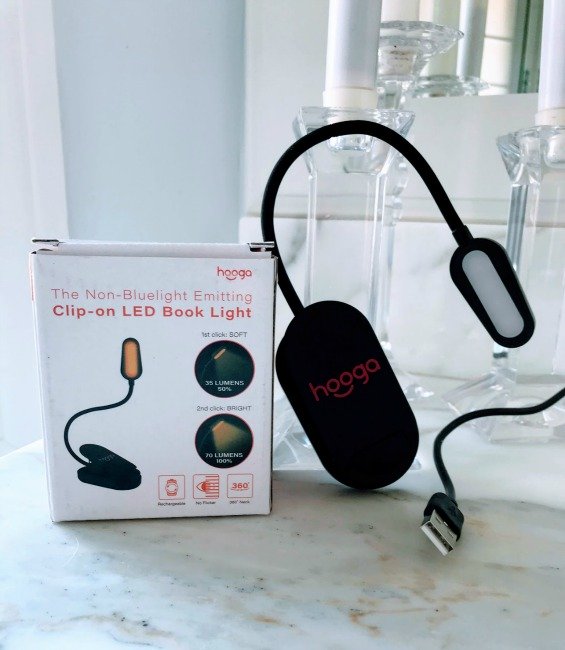


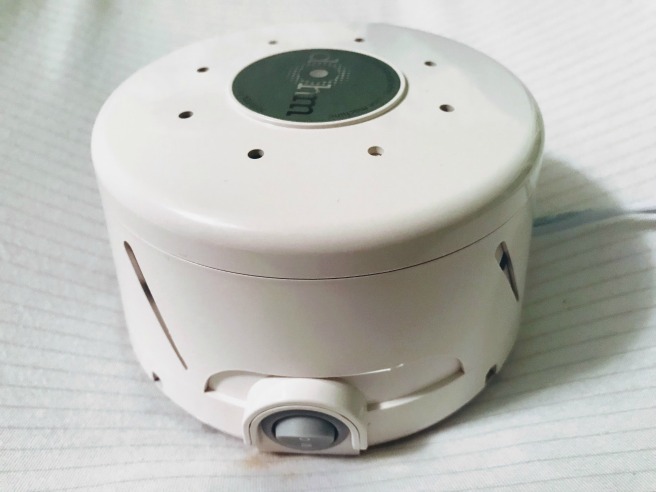

Ancient Minerals Goodnight Magnesium Lotion
Please note that while I do receive commissions from some of the things promoted on this site, I recommend them because I feel they would be of benefit to you.
Advertisers/Affiliates have been hand-picked so that only quality products are recommended. I have used them in my own life and share them with you because that's what friends do.
